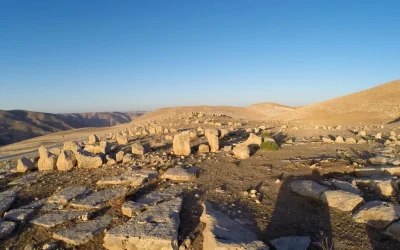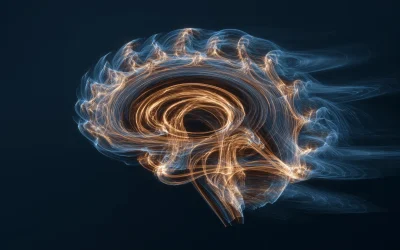
Google AI announcements from October
We released the new Gemini 2.5 Computer Use model for developers. This specialized model is available via the Gemini API and lets AI agents interact directly with user interfaces. Built on Gemini 2.5 Pro, it handles complex tasks like navigating websites and filling out forms, offering faster performance and outperforming alternatives on benchmarks. We rolled…

















